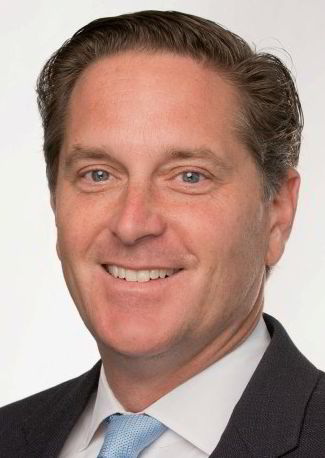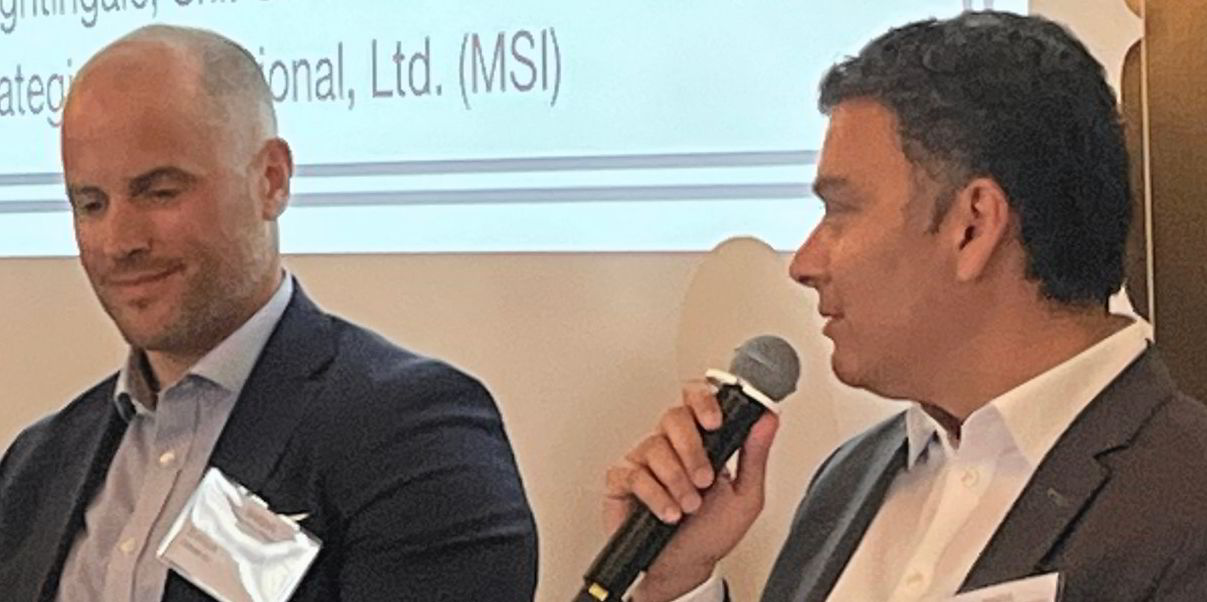Private equity giant Oaktree Capital Management has emerged as an indirect partner in the funds behind US chemical tanker owner Maritime Logistics Equity Partners (MLEP).
Speakers at a chemical carrier panel in Oslo touched on the previously undisclosed connection at a Marine Money forum held in connection with Nor-Shipping.
Captain Kaizad Doctor of Oaktree and its Fleetscape Capital affiliate offered delegates an enthusiastic take on the outlook for newbuilding investments in particular.
Chemical tanker analyst Bonita Nightingale of Maritime Strategies International, who convened the panel, asked participants how they would invest a hypothetical $100m in the chemical trades.
“We don’t have $100m, we have $180bn,” responded Doctor.
London-based Doctor, who holds a finance PhD as well as master mariner’s papers, said Oaktree in its role as debt investor is especially attracted to newbuildings in the underbuilt sector under 10,000 dwt, as well as the 19,000-dwt segment as the most liquid asset class in the larger chemical sector.
The small-ship sector, however, is a niche market that requires firm cargo commitments for what is essentially liner trading, he told the panel.
But the lack of volatility in the smaller specialised market makes it attractive from the point of view of debt investors.
Doctor declined to comment further to TradeWinds, pending clearance from Oaktree compliance officials.
But MLEP chief executive Darrell Crate confirmed the indirect equity connection.
Although Oaktree itself does not invest in the MLEP fleet, there is an indirect link through unidentified Oaktree investors who also invest in the MLEP funds, Crate told TradeWinds. Oaktree investors have a share of between 10% and 15% in his ships. The investor overlap dates to the first of MLEP’s three fund tranches.

MLEP was launched in autumn 2021 by Crates’ Massachusetts-based Easterly Asset Management not far ahead of the chemical tanker boom, with the announced goal of building a fleet of around 20 ships.
Since then, it has been active in the secondhand market, assembling a fleet of 11 IMO-2 chemical tankers of 19,000 dwt to 37,000 dwt, mostly with stainless steel tanks. It no longer advertises a fleet size target, but is placing a third investment tranche of about $200m in more ships, looking at acquisition candidates from 13,000 dwt to 50,000 dwt.
All the MLEP ships trade in the Womar chemical tanker pools, owned by a third heavyweight fund, Easterly’s Massachusetts neighbour FDX Offshore, invested by the family office of former GE Capital chairman Denis Nayden.
Crate told TradeWinds that FDX Offshore is not an investor in MLEP, but FDX partner Andy Tuchman has a role at both companies.
The Oslo Marine Money panel was very bullish, with Odfjell’s Nils Jorgen Selvik and Tailwind’s Petter Traaholt concurring with Doctor and Tuchman that the chemical party driven by short supply and ageing vessels is far from over.
Norwegian parcel carrier giant Odfjell is excited about newbuildings, and compatriot Tailwind is excited about earnings in its spot-oriented Hansa Tankers affiliated pools.
But Crate, not present for the Oslo meet, remains satisfied with the pooling strategy of Womar, where contracts of affreightment cover 35% to 40% of capacity.
Fund manager Easterly, with its perspective from outside the shipowning industry, set up MLEP just ahead of the current chemical tanker boom, at a time when it could see that investors had “abandoned shipping in general and chemical tankers in particular”, Crate said.
The chemical sector was then severely underbuilt, and still has at least six or seven years to go before it can catch up with growing demand for petrochemicals.
That positions MLEP for opportunistic transactions in a not-very-liquid sector in which values are generally rising but can vary greatly from deal to deal, and thus there is no way to be sure how many more ships his roughly $200m will buy.
Against that background, Crate said his company is better able than some traditional owners to manage leverage to its advantage in acquisitions.
“Many people who are buyers of single assets only think of a formula for equity and debt,” he told TradeWinds.
But greater flexibility works in favour of investors in the current environment of rising ship values driven by rising day rates, he added. MLEP is in a position to reduce its leverage as day rates rise and capital becomes more costly.




